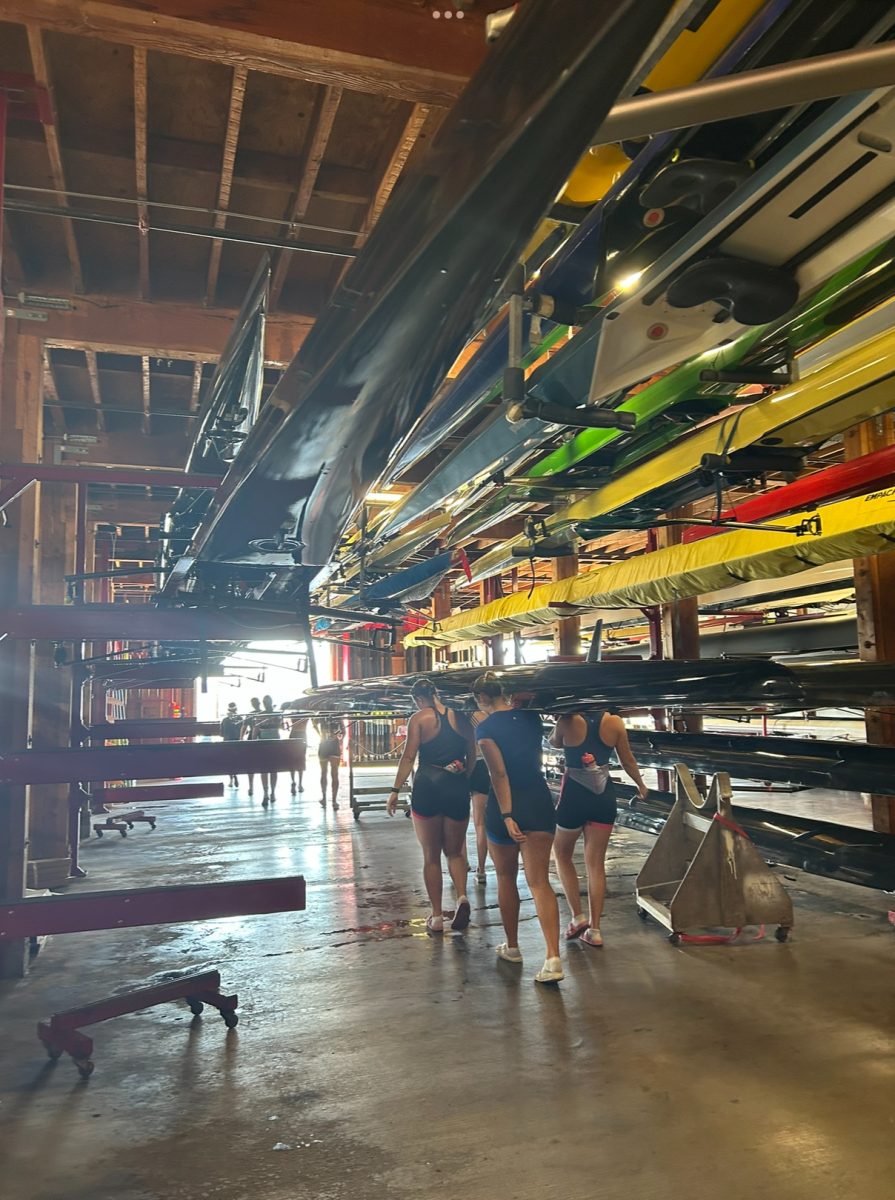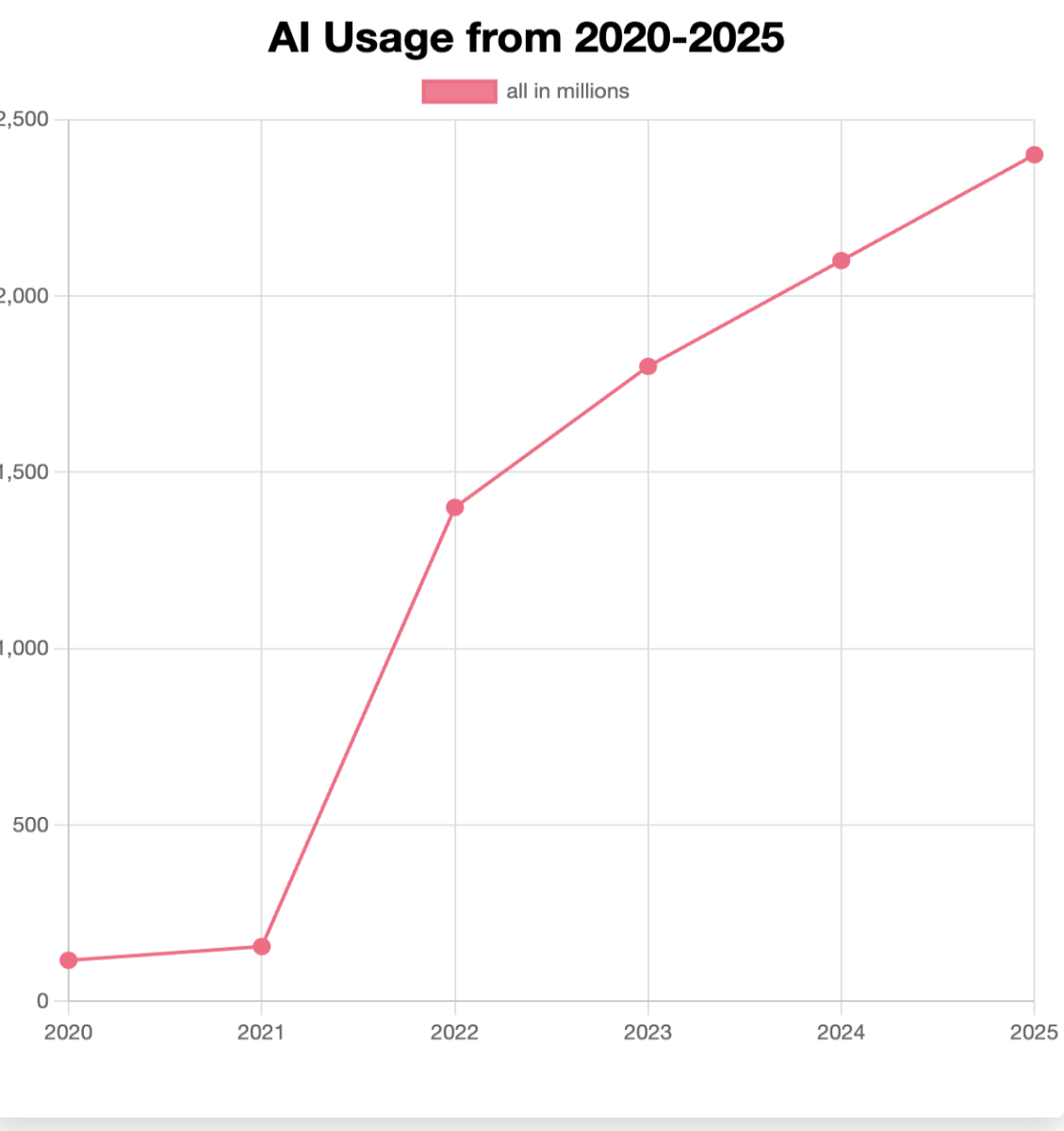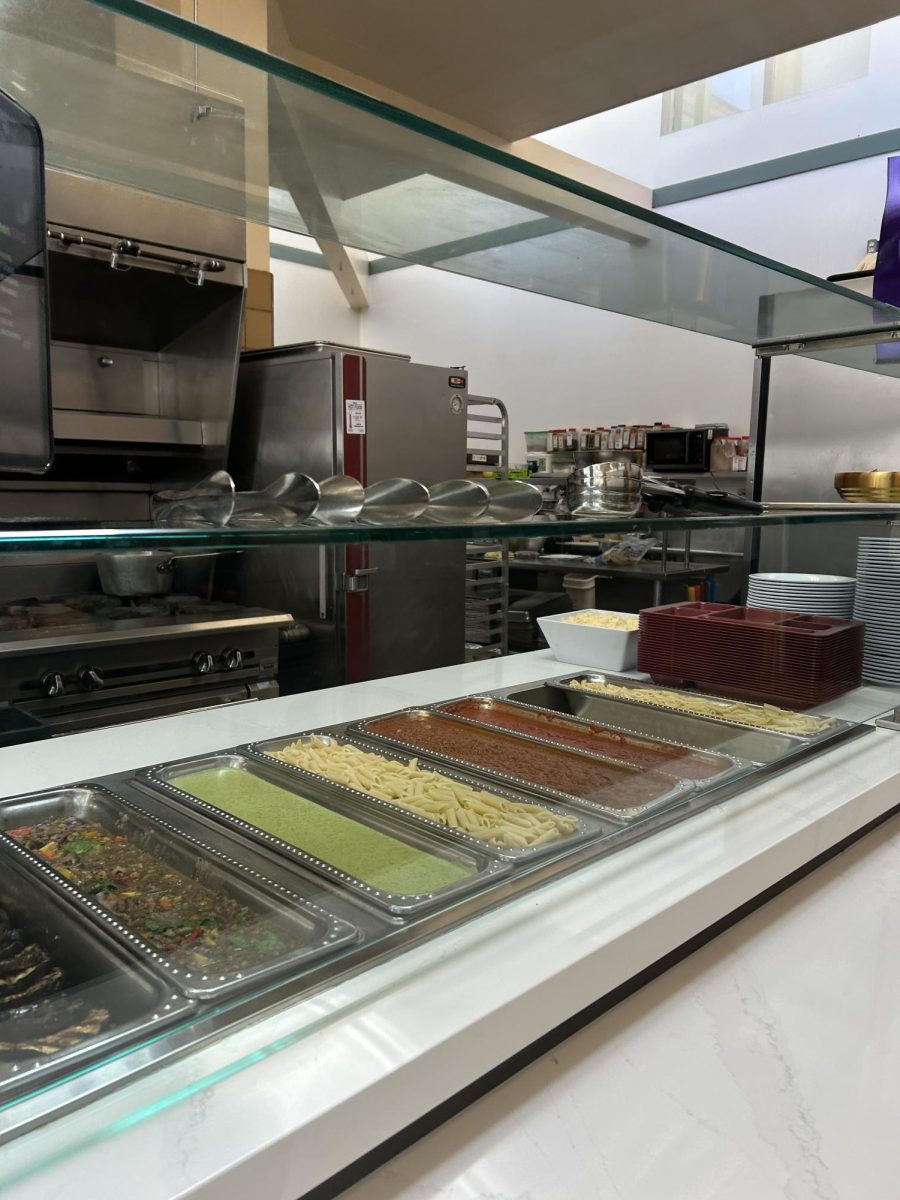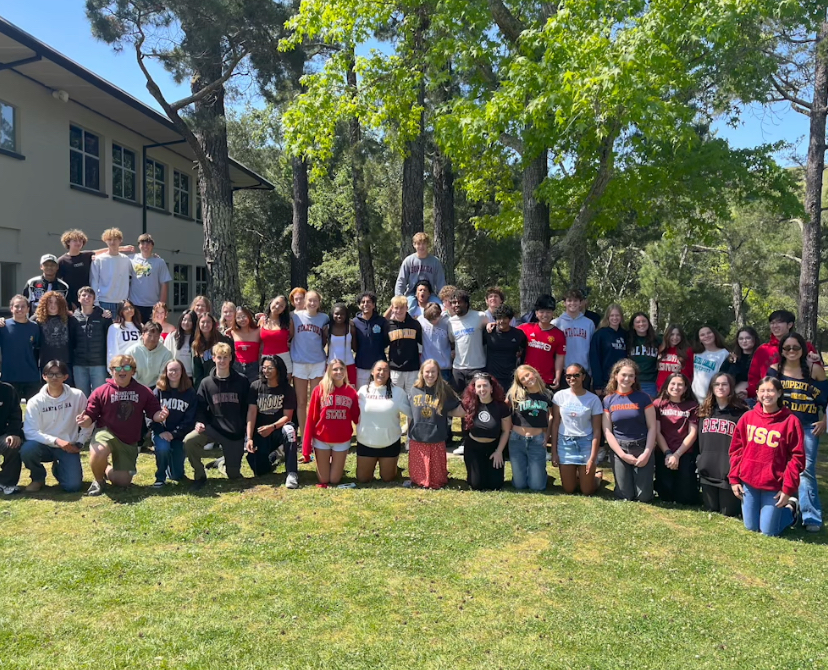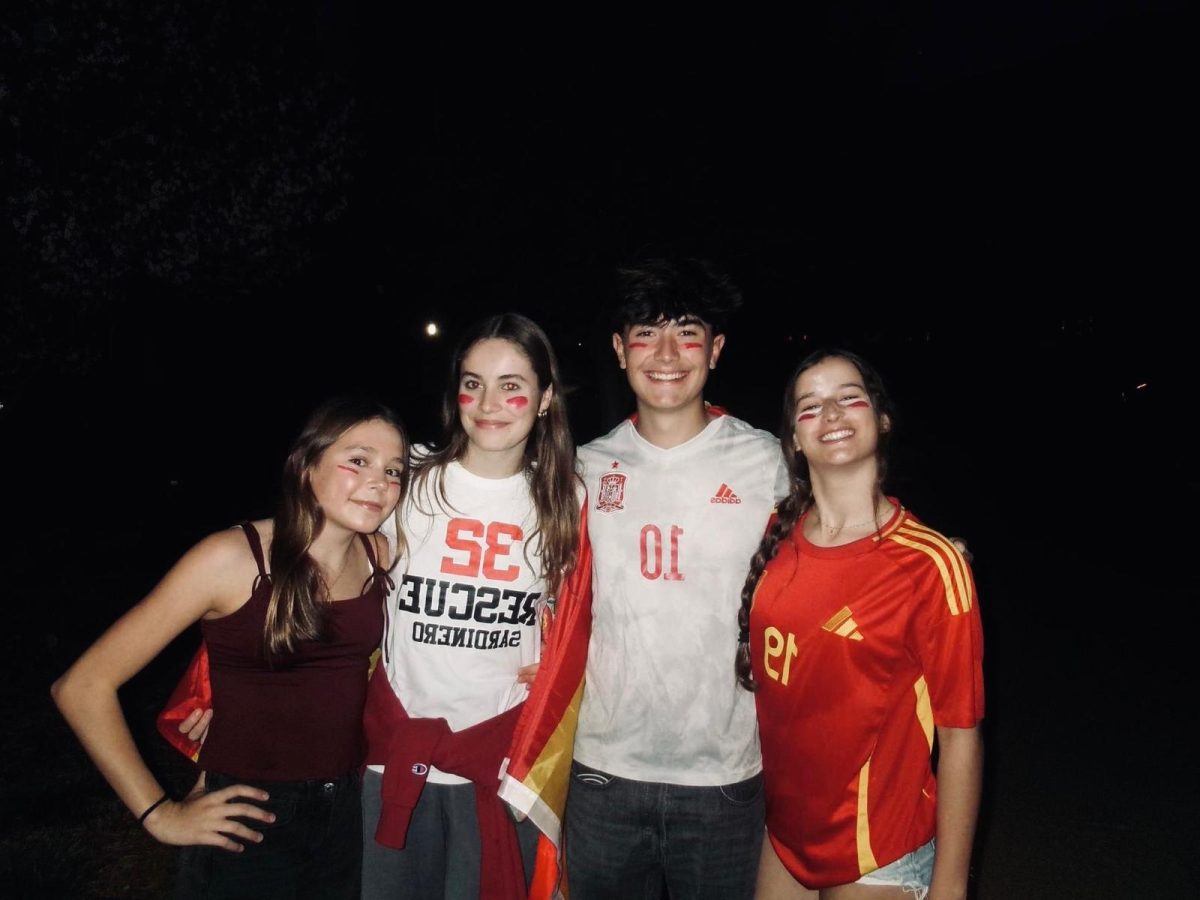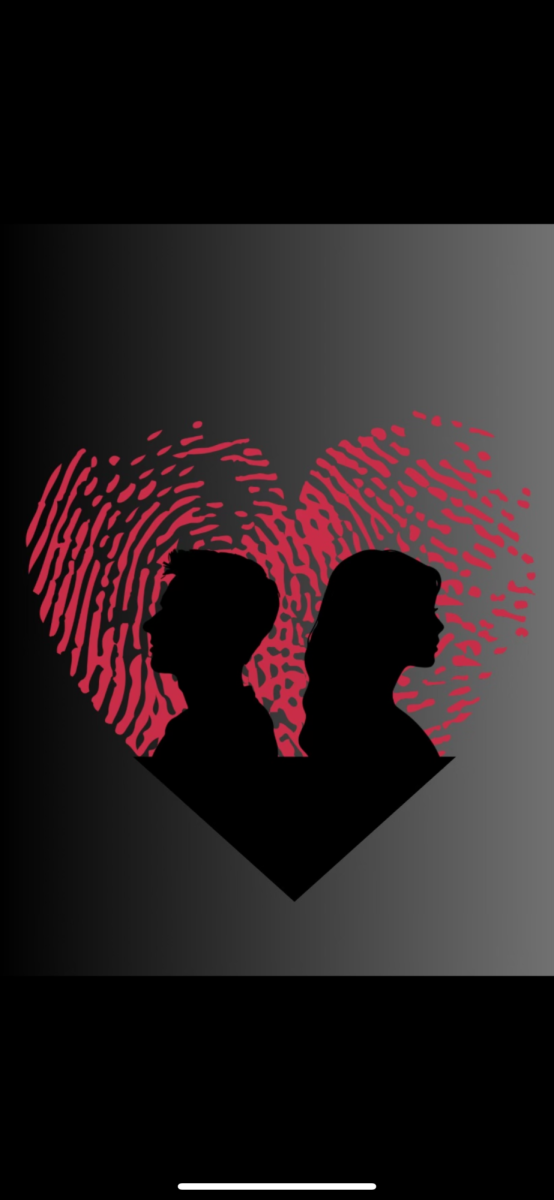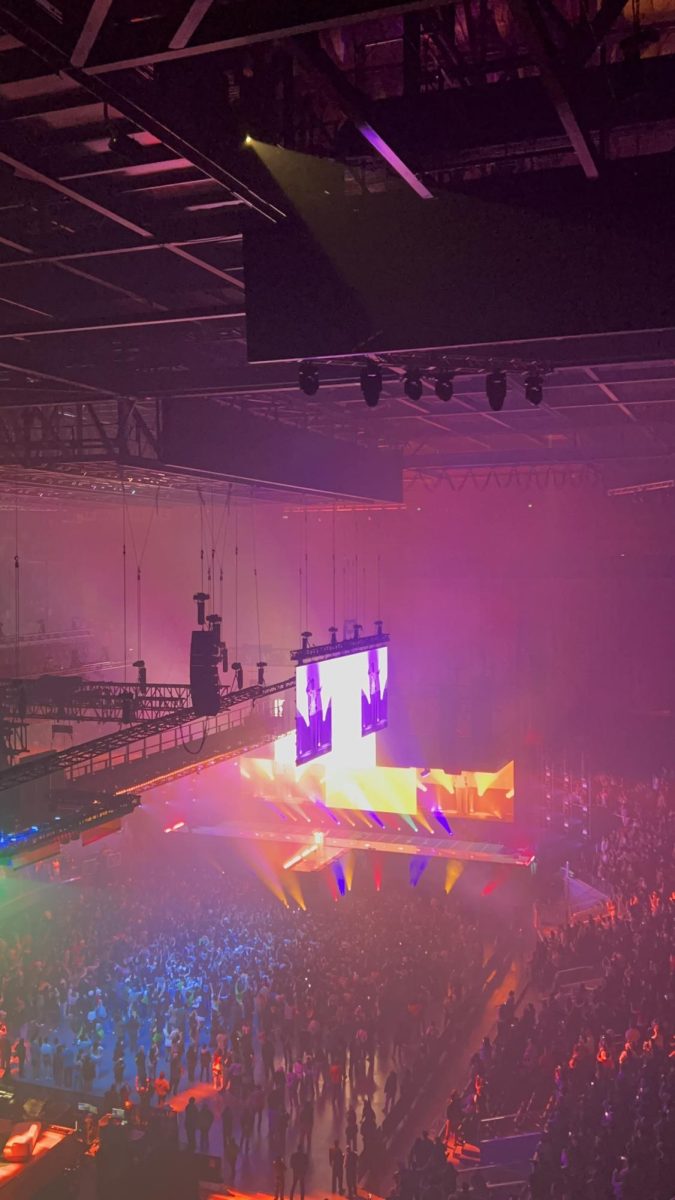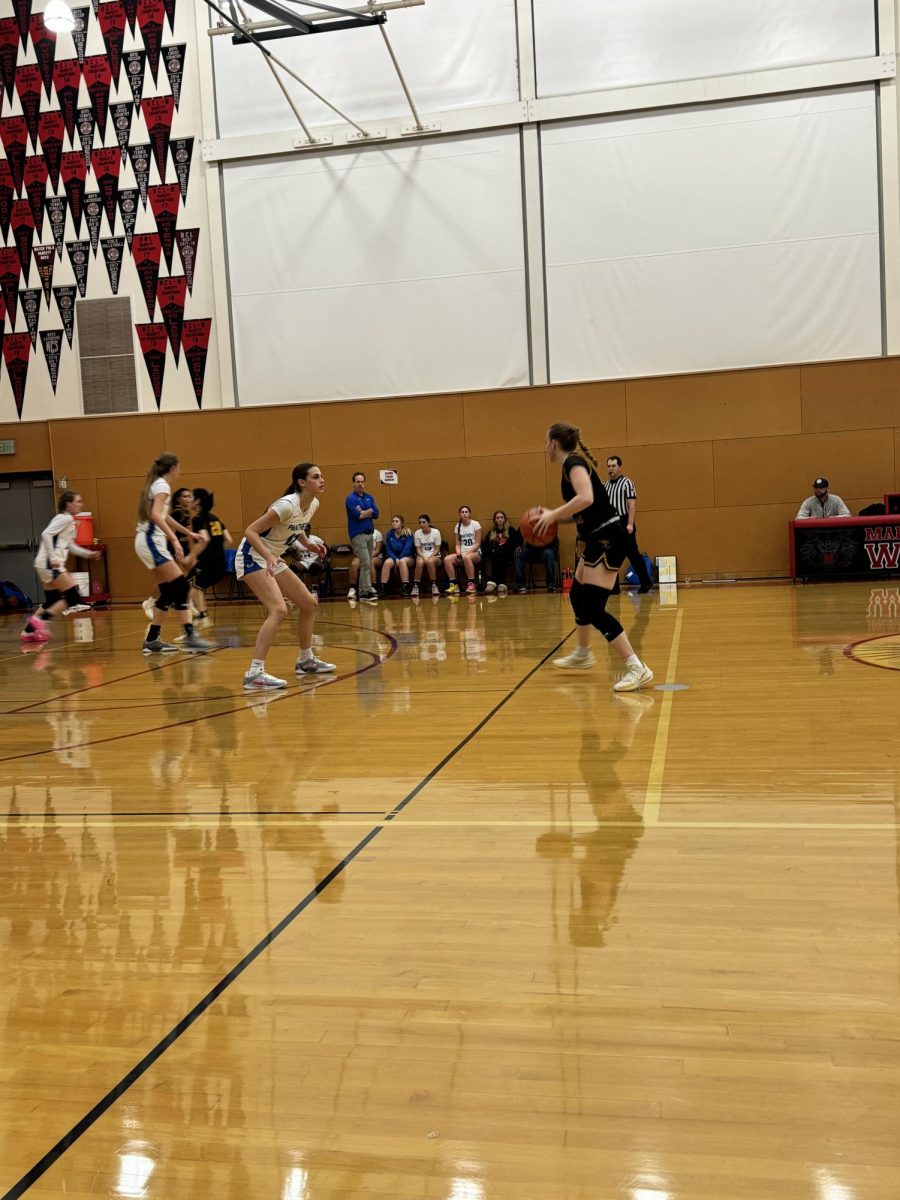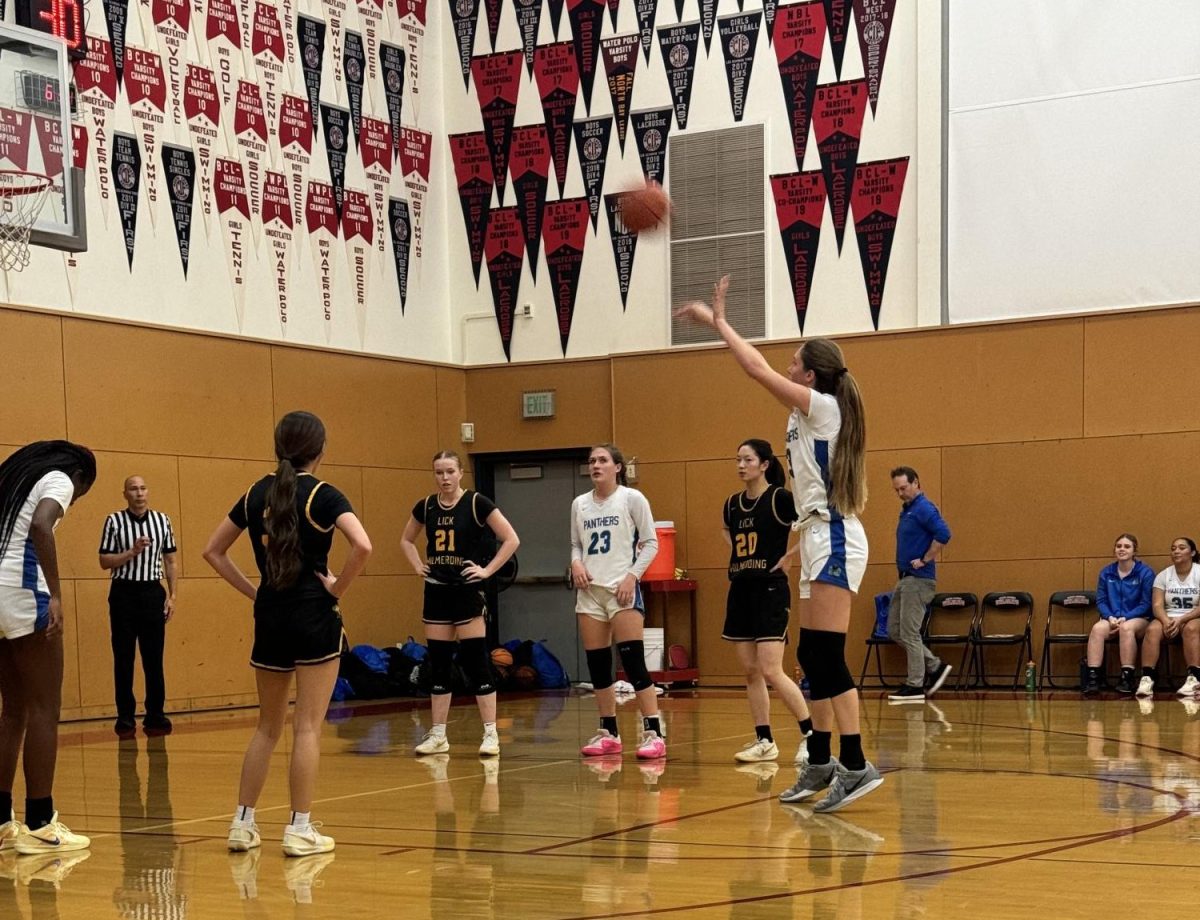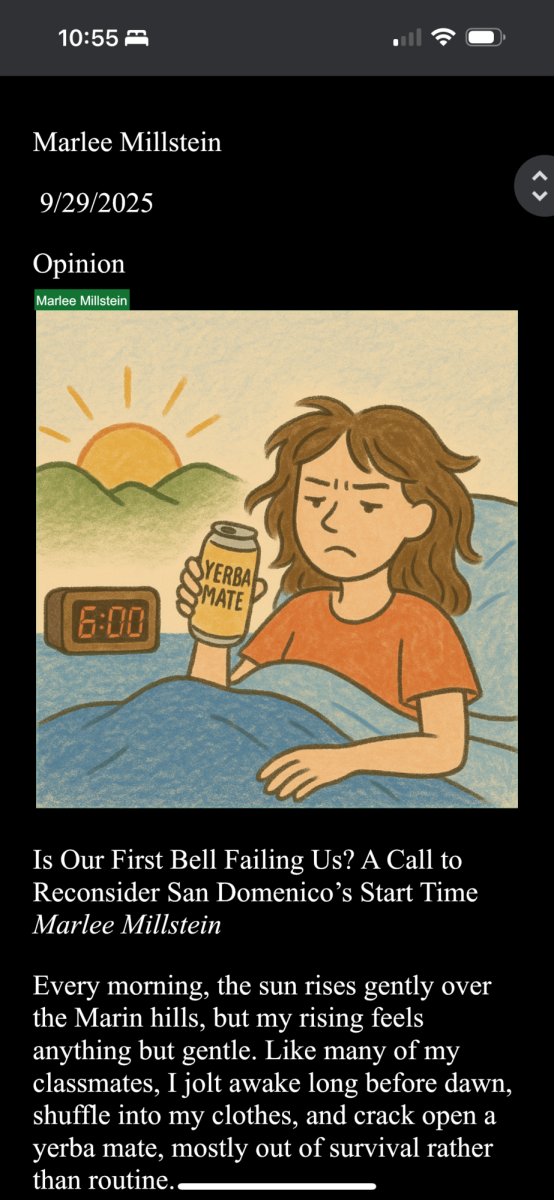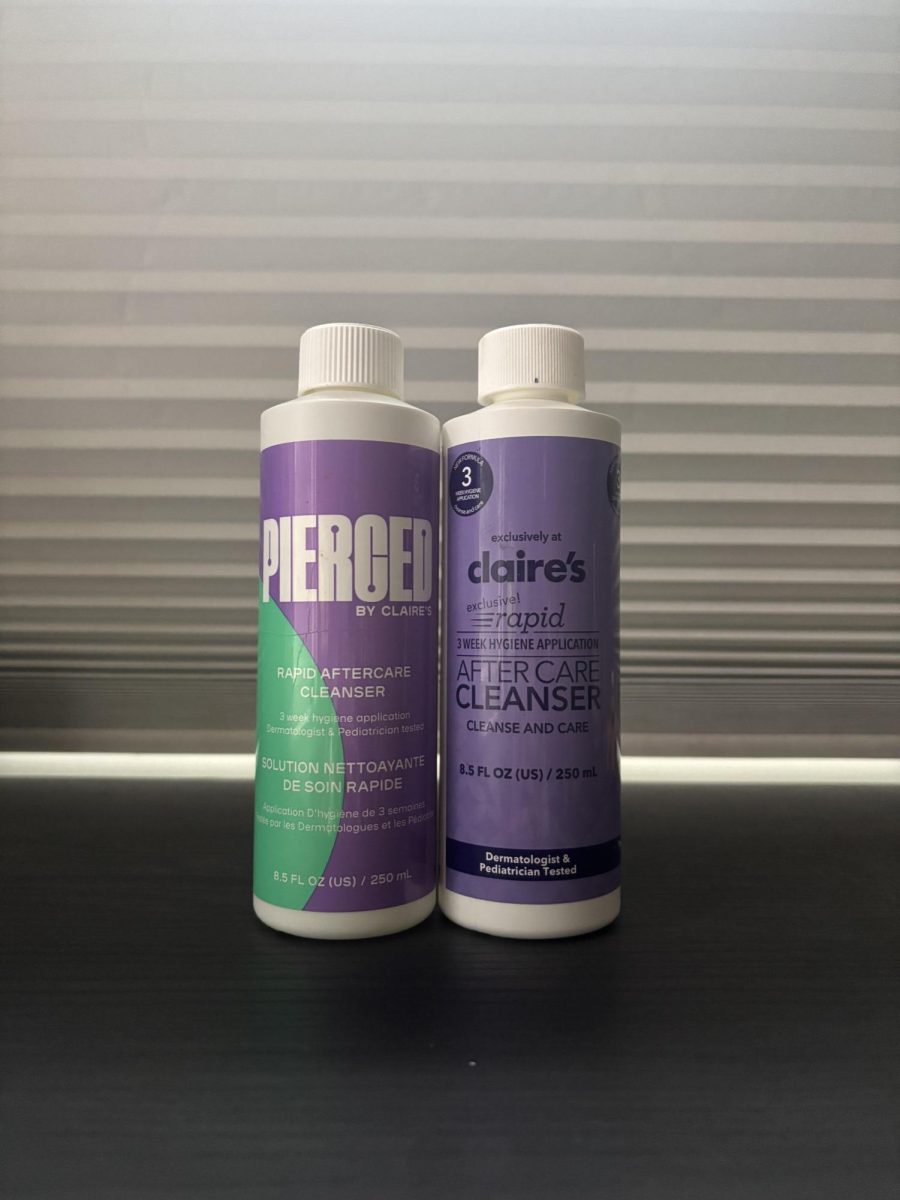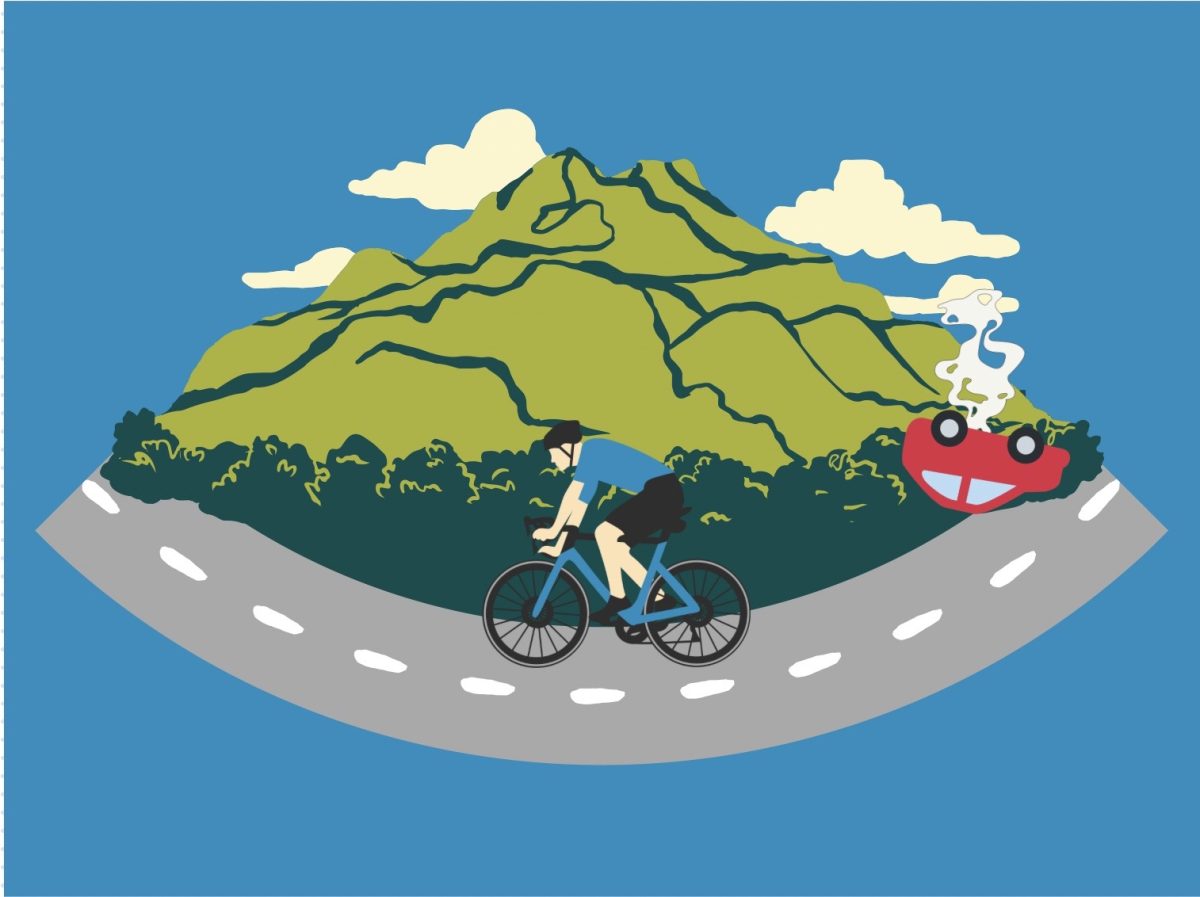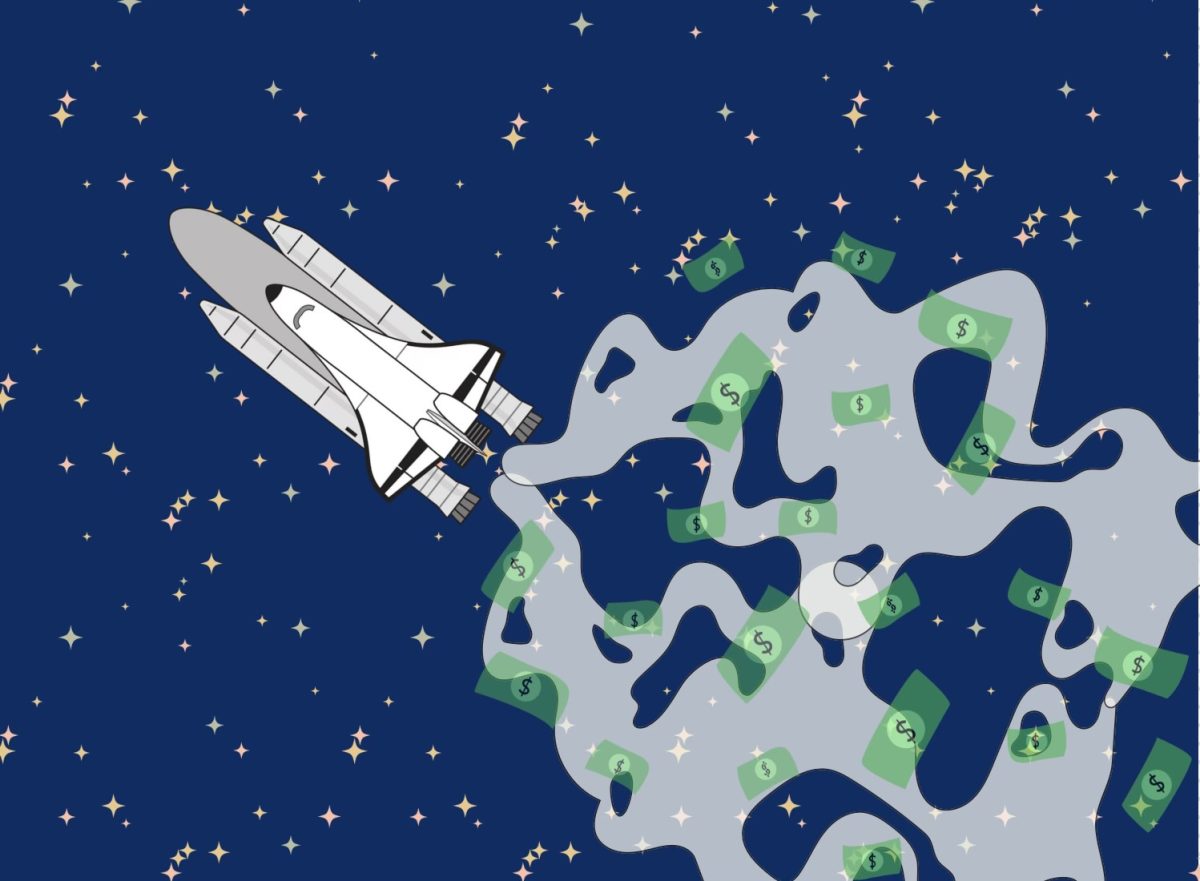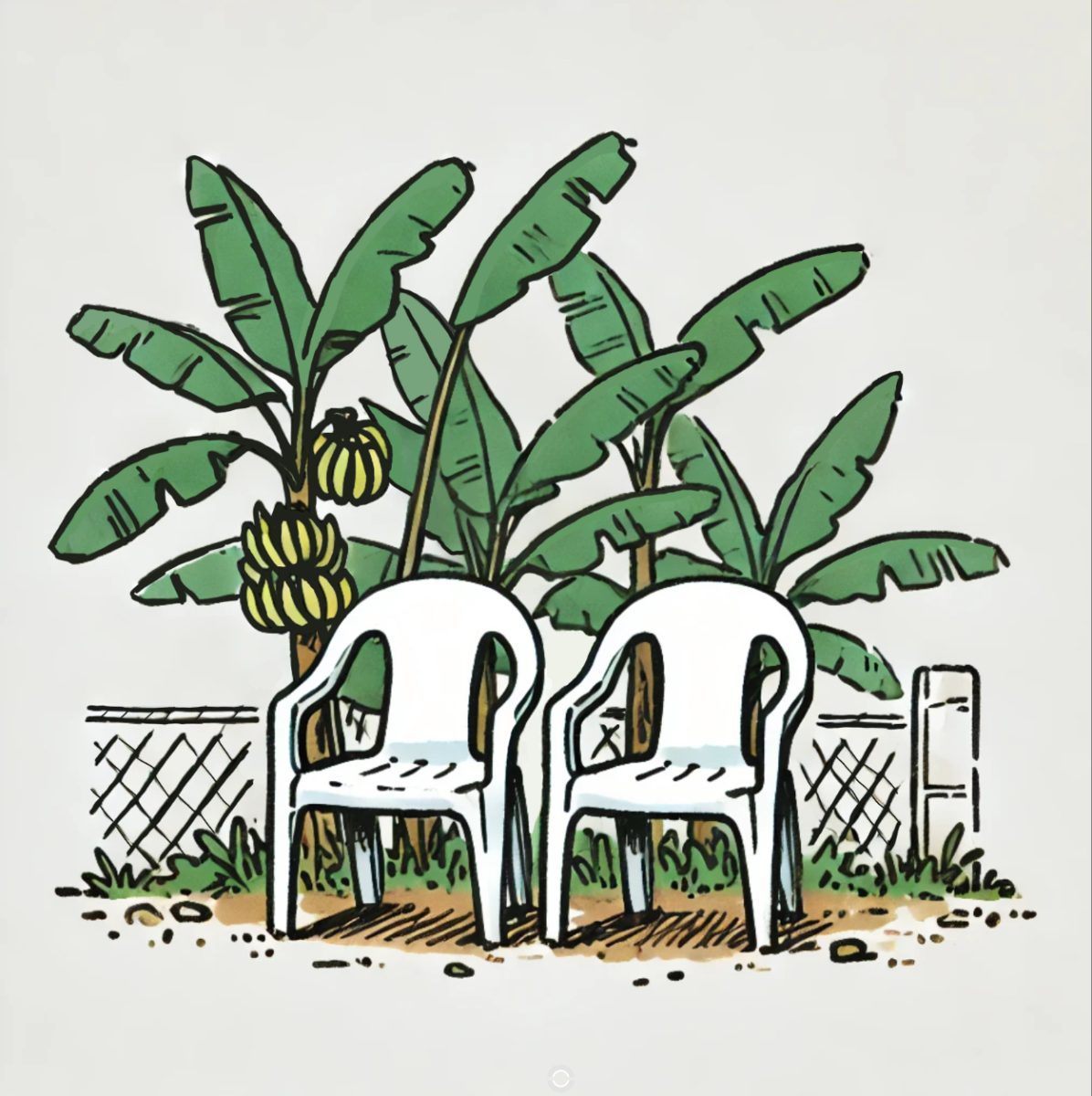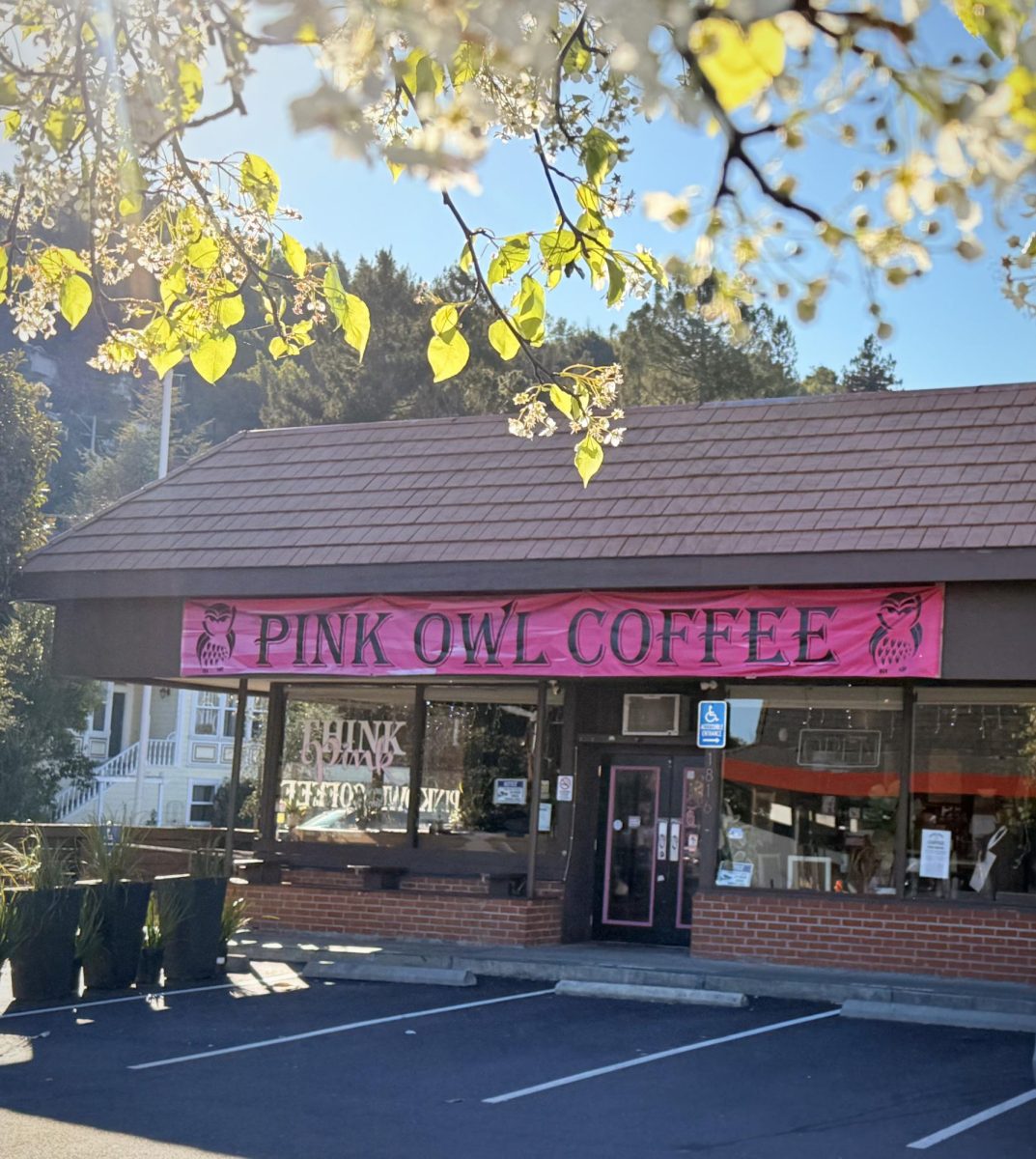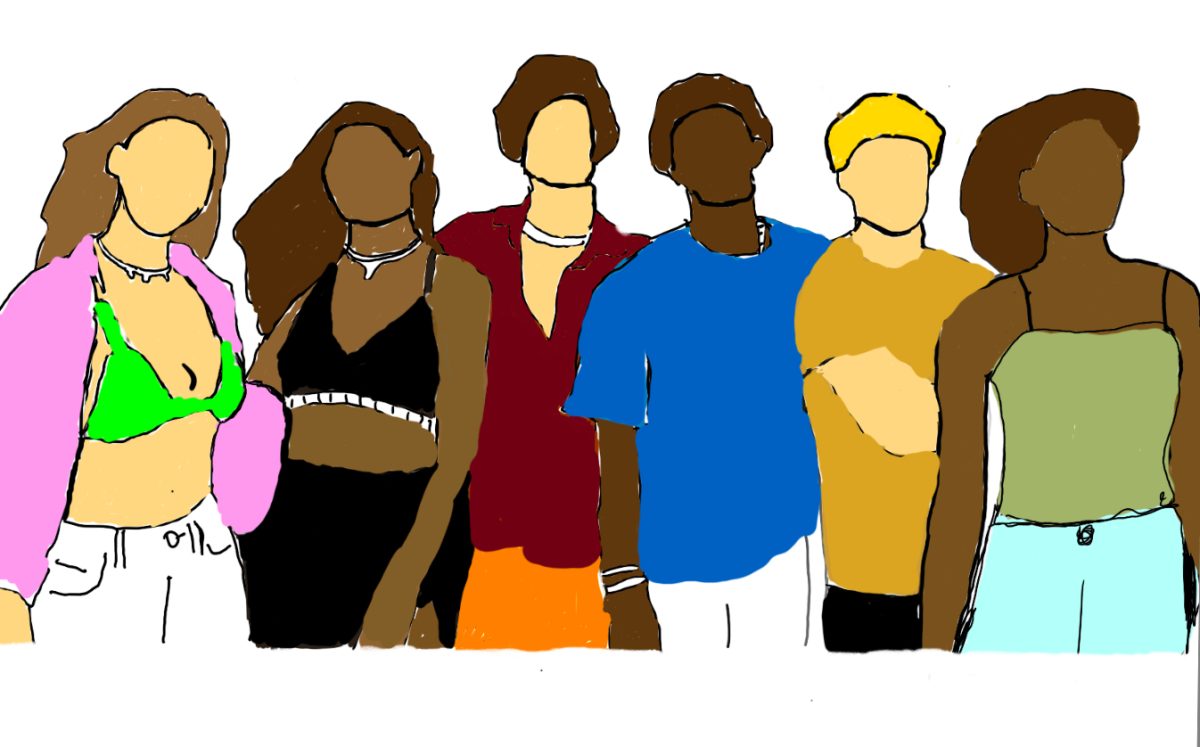While some might question if it’s appropriate to make jokes about serious events, Generation Z (birth years range from 1997-2012) is demonstrating that humor can be a powerful tool. Growing up in a world of pandemics, natural disasters, and nonstop change, we’ve learned to face many different challenges, often with a laugh. Yes, many might not agree with our approach, but maybe that’s because they haven’t felt the support of a good laugh in hard times. I mean, we are the funniest generation after all.
Social media has always been a platform used primarily for connection and entertainment. However, in recent years, it has also become a significant space for personal expression.
Frequently criticized for being a supposed cause of mental issues, such as anxiety and depression in teens, social media has painted a fairly harmful picture for itself. Constant online presence and interactions are thought to create a dependency on social media platforms, causing addiction. Frequent exposure to “ideal” physical attributes is suspected to cause negative self-comparisons in teens.
Nonetheless, social media has also helped teens express their emotions during difficult times. By sharing humorous views on serious situations, teens are able to find light in the darkness. This “trend” of finding humor in danger provides a unique coping mechanism. One recent example of this was during Hurricane Milton, a powerful and destructive Category 5 storm that struck Florida in October, where many people posted videos of themselves singing in the rain, dancing in high heels, and even running in dinosaur costumes!
By posting these satirical videos, teens living through the hurricane not only provided a source of entertainment for themselves as well as for others, but also demonstrated that even though younger age groups (Generation Z in particular) are widely considered to be tech-dependent, we have proven to have the capacity to use our technology to persevere through life changing situations by finding laughter.
Although you may not realize it, we’ve seen situations like the TikTok videos made during Hurricane Milton before, in a more global context.
There is one event in particular that caused Gen Z’s tendency to react to catastrophic situations with humor. According to The National Library of Medicine, COVID-19, the event of a lifetime, took place during the key ages for identity formation and social relationships (13-19) for much of us Gen Z’s. Since most teens were stuck indoors for nearly 2 years, there was little room for developing said social relationships, leaving only identity formation to be accounted for. In the early days of quarantine countless satirical audios about COVID began circulating, as well as funny videos about limited toilet paper, dances and original music making fun of the pandemic. These trends in which COVID was viewed as an opportunity to laugh together was a turning point for much of the generation adding humor and optimism to a challenging time.
According to Mayo Clinic, not only does laughter increase personal satisfaction by making it easier to cope with difficult situations and connect with others, it also releases a great amount of endorphins (natural painkillers) which reduce mental and physical pain.
Laughter really does heal, and Gen Z’s have supported and further established just that. When faced with devastation, we turn tough moments into chances for humor and hope, proving that difficult moments can be lightened by comedy. Consider us the “Laughing Generation,” because when life gets hard, and challenges are presented to us, we’ll dance through them with dinosaur costumes, high heels, or whatever else makes us smile.
